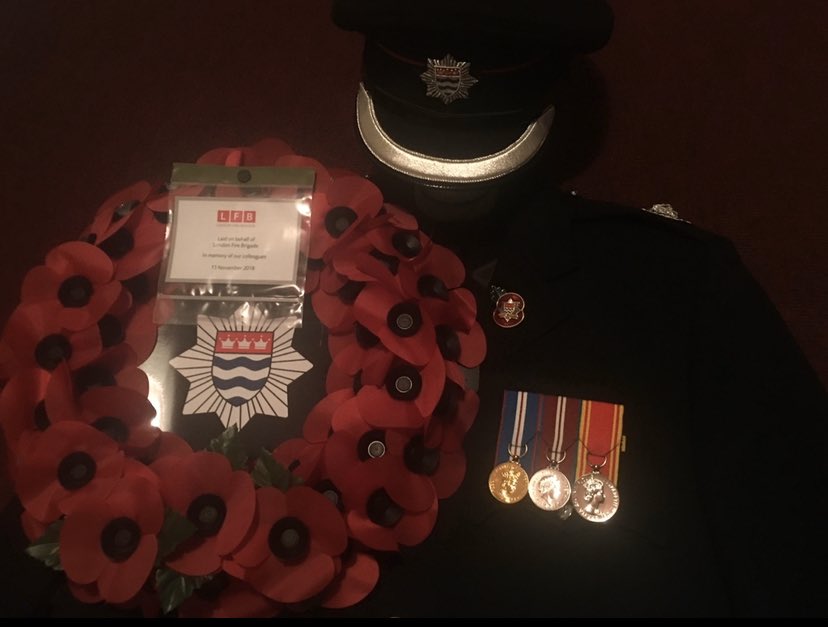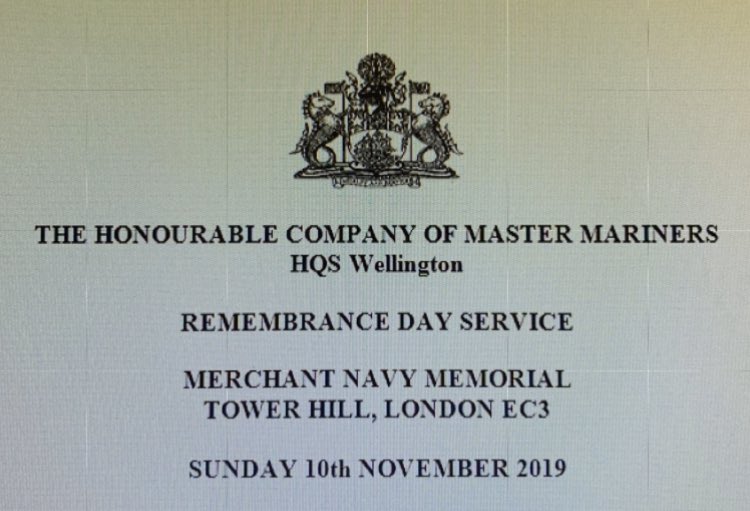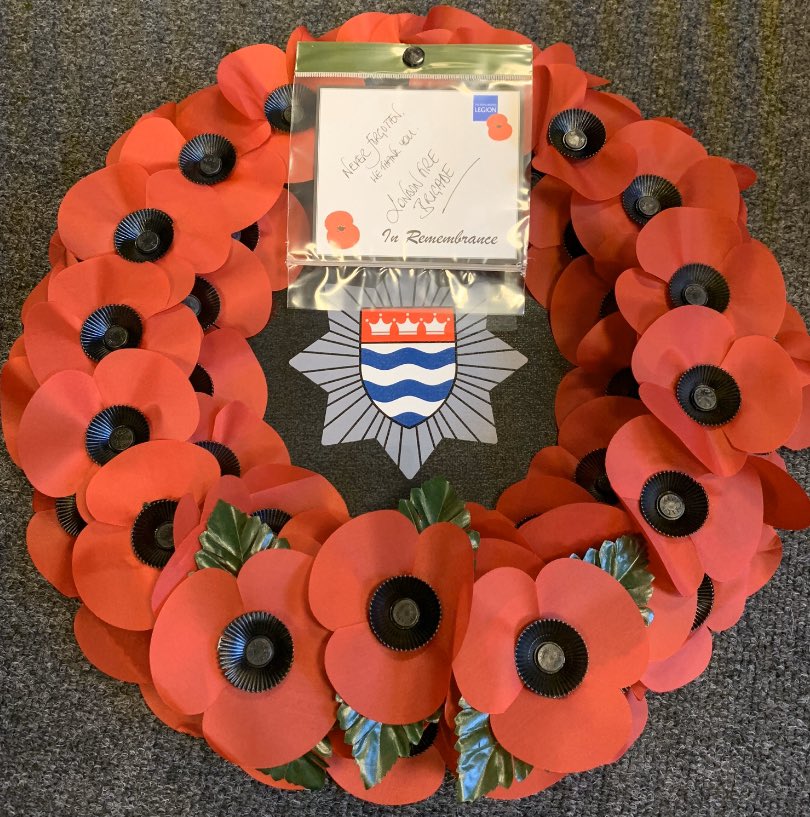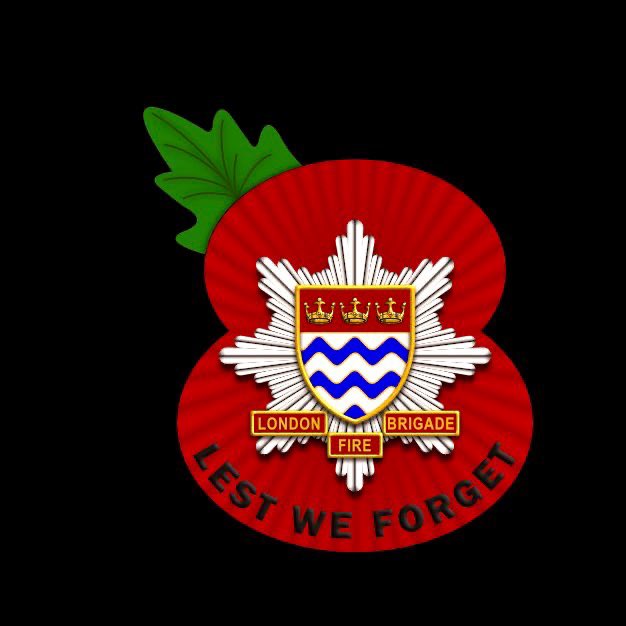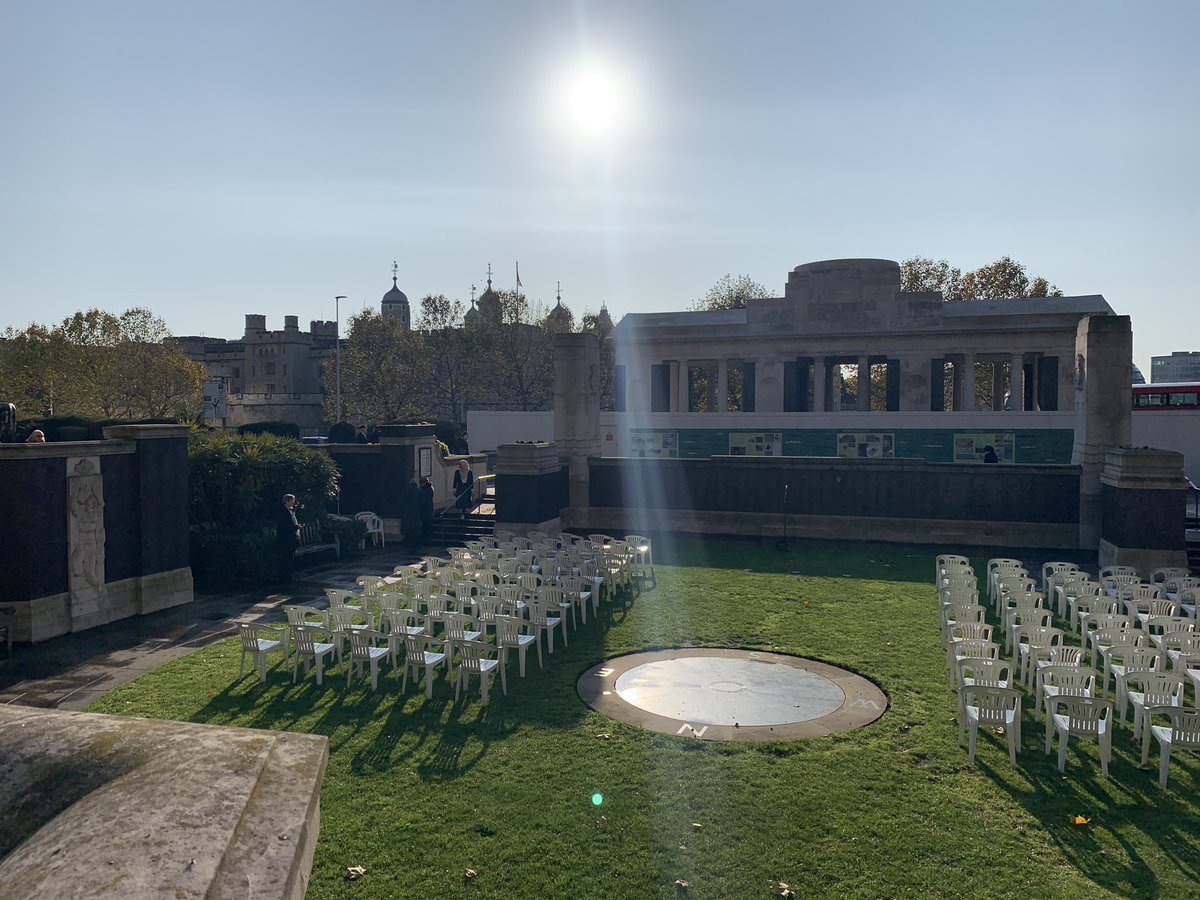- both poems show how inequalities in power always seem to victimise women. It is women who suffer in the transaction of power with men who want ownership over their bodies -- whether aristocracy or street prostitutes.
1/
2/
3/
- both poems show the arrogance that leads powerful men to abuse the power they "command"
- while OZYMANDIAS shows that in the long-term such power is fleeting, in the short term of MLD many vulnerable suffer or die
4/
- both poems show how power consists in being able to control the narrative and history of the powerless.
5/
6/
7/
- I would use the two poems as examples of opposite attitudes to power. In the Duke's arrogance he cannot conceive of a power greater than himself or his "nine-hundred-year-old name".
8/
In PRELUDE the speaker has a shocking encounter with a power far greater than his own -- the power of NATURE -- and is brought into a state of AWE.
9/
- OBEDIENCE is a key theme in both poems. Power is sustained through the unquestioning obedience of the powerless.
10/
- NARRATIVE is a common theme. COTLB gives remembrance to voiceless soldiers; not for the Duchess, whose story belongs to the Duke.
11/
- the poems present speakers with two opposite emotional reactions to having committed violence. For the Duke, his actions can be rationalised and concealed.
12/
13/
- ideas about DUTY are present in both poems. The Duke feels a duty to protect the honour of his title and ancestry; the pilot in Kamikaze has neglected his duty even though he made a seemingly "good" decision.
14/
15/
16/
- I would compare the two contrasting approaches to LANGUAGE in each poem. The DUKE uses euphemism and ambiguity to detach himself and his listener from the truth about events. He is emotionally distant.
17/
In EXPOSURE, the solder cannot detatch himself from his situation. In this poem...
18/
19/
20/
21/
- PICTURES are common to these poems, as well as NARRATIVE again. Every picture tells a story, but who gets to control what story it tells?
What we see in a picture is a representation of reality, but...
22/
As with the reader in War Photographer who forgets the trauma of war as soon as the drinks arrive, so the addressee in MLD is assumed to have little lasting reaction once the curtain is drawn.
23/
24/
- In both poems there is the idea of the physical environment as a reflection / extension of the speaker, albeit that those environments are opposite.
25/
26/
27/
28/
29/
30/
31/
- I would compare INNOCENCE and EXPERIENCE. In Bayonet Charge we're inside the mind of a "raw" young soldier; in MLD we hear from an experienced, wiley aristocrat.
32/
33/
34/
There's also contrasting attitudes to HISTORY and the grand narratives that put both characters where they are now:
35/
36/
This may not be the most analytical comparison, but if you let me wax lyrical for a minute I think there are some nice comparison points between these two poems.
37/
38/
39/
I'd need my head checking?
But seriously...
40/
41/
A nice point of comparison is the painting in MLD and the Koran in TISSUE.
42/
But Dharker's Koran is updated, loved and pored-over. It is living history.
43/
44/


